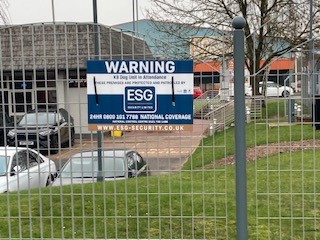The Security Industry Authority (SIA) has been revealed as the regulator for the Terrorism (Protection of Premises) Bill, commonly referred to as Martyn’s Law. In their announcement, the SIA highlighted the significance of Martyn’s Law.
Heather Bailly, Chair, and Michelle Russell, Chief Executive, expressed their anticipation: “We look forward to working with the Home Office on the implementation of Martyn’s Law, once the Bill and its content have been scrutinised and approved by Parliament.”
Since the announcement, the security industry has reacted with caution. Leaders anticipate that the SIA will mandate additional training. Some have criticised the Government, arguing that it is shifting part of the responsibility for the initial response to a terrorist attack from the police to security workers, following criticism of the police’s handling of the Manchester Arena attack.
The Government asserts that the new laws in the Bill will ensure the British public is “better protected from terrorism” by “requiring many public venues to improve preparedness against attacks and implement measures to keep people safe.”
The SIA plans to transition the Approved Contractor Scheme to a Business Approval Scheme, focusing on public protection. Following the Manchester Arena attack, the SIA required licence holders to have a first aid qualification. The announcement of the SIA as the regulator for Martyn’s Law has led to speculation that the new scheme will require security staff to respond to terrorist incidents, potentially leaving their premises and occupants vulnerable while they treat the injured. The security industry may face significant changes, although Martyn’s Law has yet to be passed by Parliament, and the proposed Business Approval Scheme is still in development.



